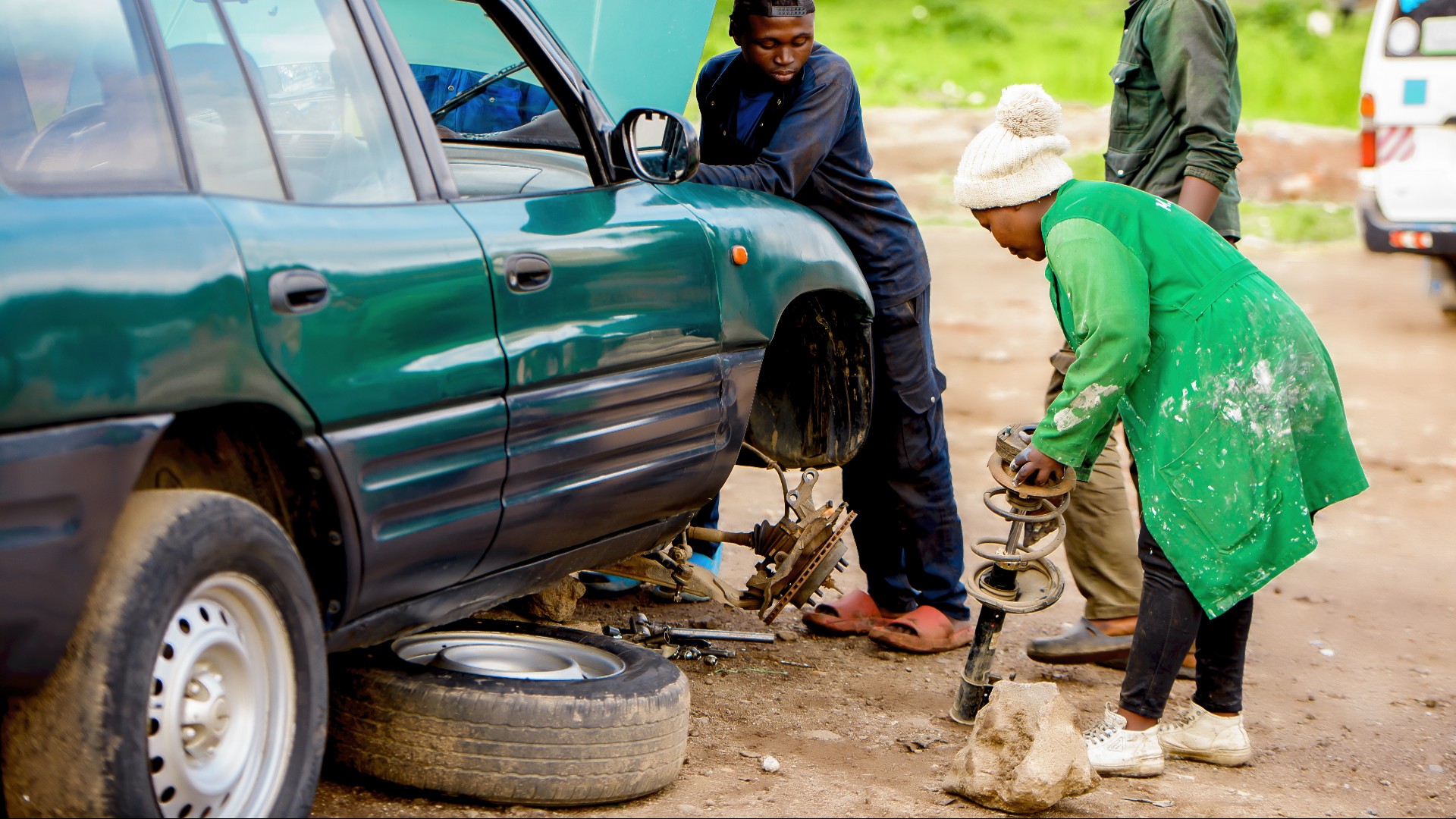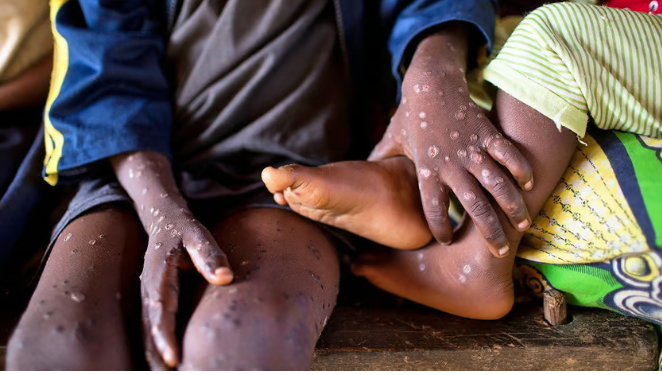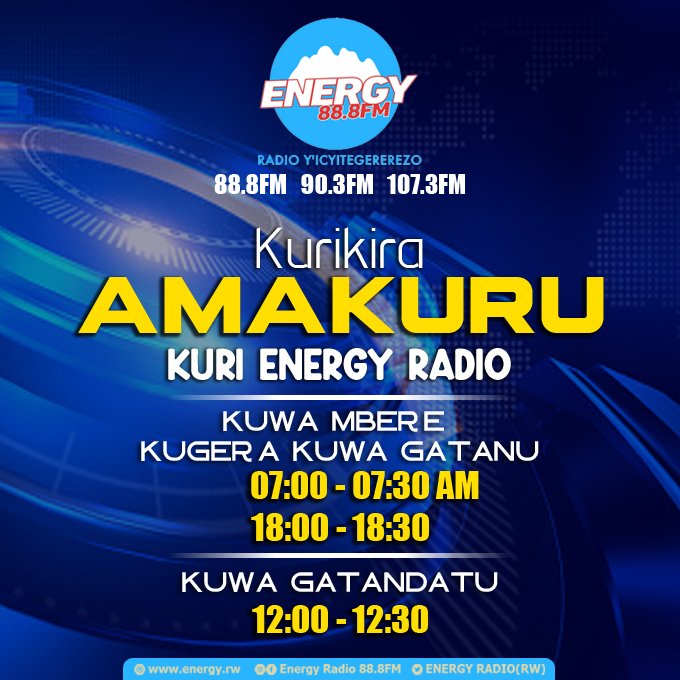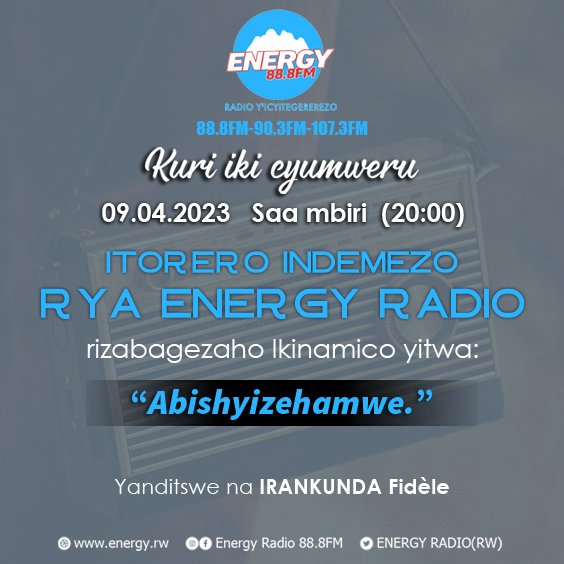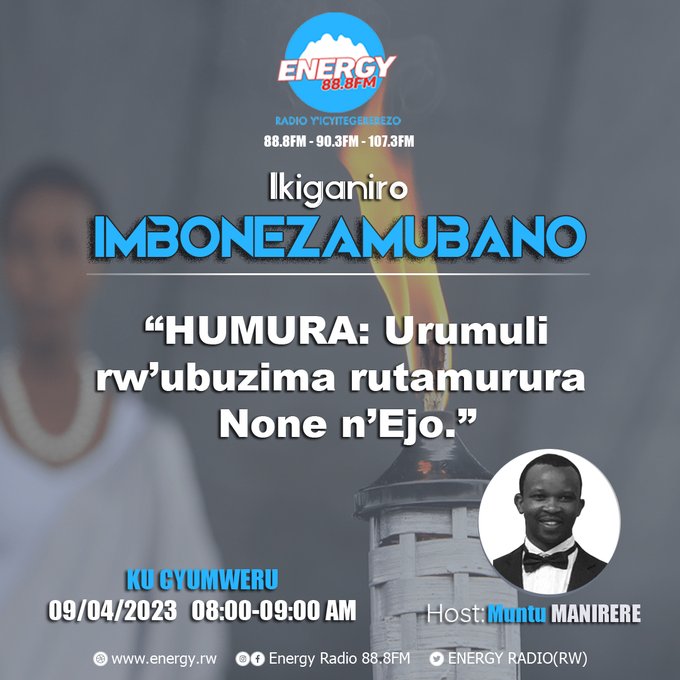In scenic Rwandan town, rapid development exposes land issues, corruption
Modified: 3 months ago
INEZA Leontine
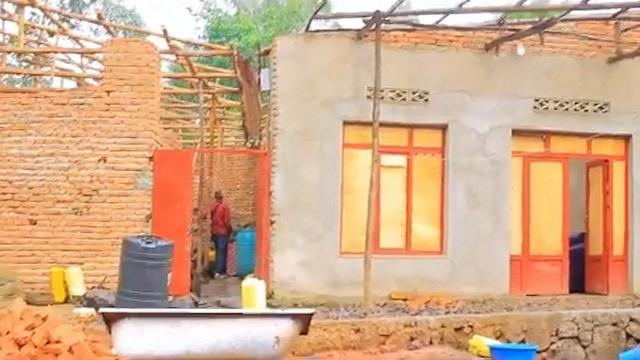
By Ineza Leontine
Lush mountains
stretch as far as the eye can see from Musanze’s town center, interrupted only
by the summits of the Virunga volcanoes rising above the clouds. Not far from here,
mountain gorillas draw thousands of tourists a year at $1,500-a-day excursions.
In the picturesque town in Rwanda’s Northern Province, a two-hour drive from the capital Kigali, unchecked growth has seen new houses mushroom throughout the community without any effective regulation.
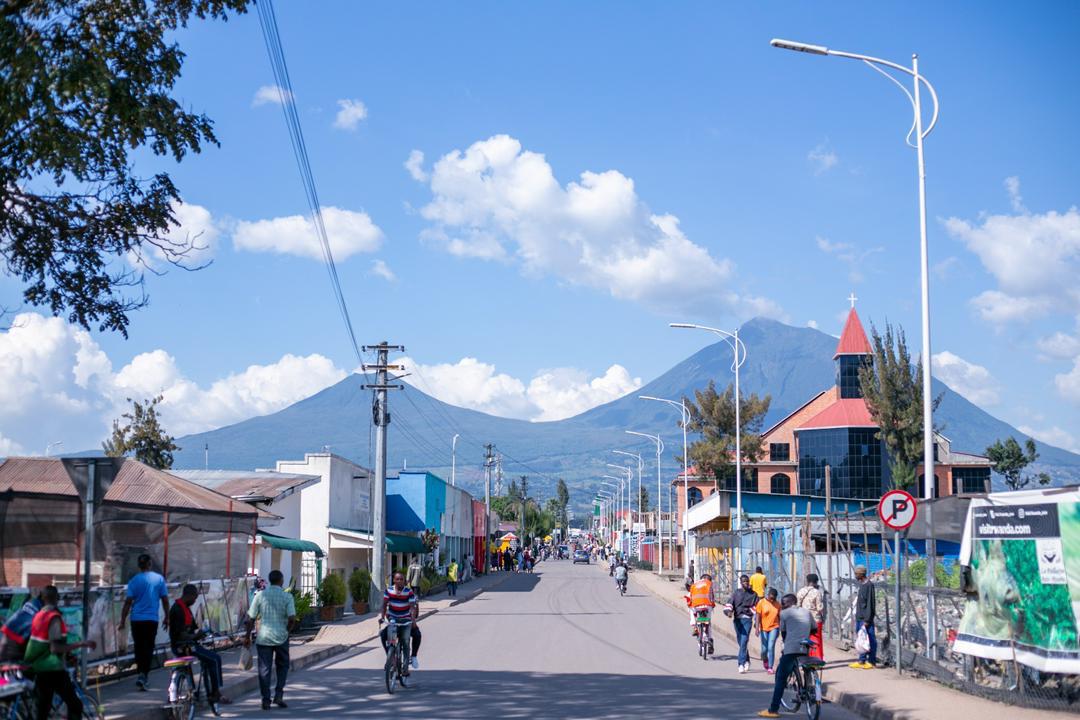
This is the city of Musanze.
Many of the
new houses are being built without the necessary permits, exposing problems with
the district’s land registry, enforcement mechanisms, and local governance, according
to district officials and long-time residents.
“We’ve gotten used to seeing houses spring up almost
overnight,” said one resident, who asked that her name be withheld to avoid repercussions.
“In just three days, a new house can be built, but you rarely see any building
permit displayed,” the woman said.
“Some builders pay local leaders like village chiefs or cell
executives to protect their illegal construction,” she added.
Her concerns resonate beyond the urban sprawl. A smallholder farmer outside Musanze expressed frustration with haphazard enforcement of building rules by the district. “Some land is officially reserved for forests, but people still build there without facing consequences,” said the farmer, gesturing to a nearby development. “If you have money, you can build anywhere. The poor follow the rules and suffer for it.”
HISTORICAL GAPS
In 2003, Rwanda conducted a
nationwide land reform program through the Rwanda Land Management and Use
Authority (RLMUA), assigning unique parcel identifiers, or UPIs, to every plot
of land. It was part of the government’s Land
Tenure Regularization Program (LTRP) aimed at formalizing land ownership,
improving land tenure security, creating a centralized database of landowners,
reducing land conflicts, and enabling better land taxation and planning.
However, in Musanze, like in other parts of the country,
some landowners failed to complete the LTRP registration process, said Herelimana
Ignace, acting director of the One-Stop Center for the office of land,
settlement, and infrastructure in Musanze. This was particularly common among
families who had inherited land, properties entangled in family disputes, and
rural areas where access to services was limited, he said.
As a result, many plots of land still lack formal titles, which has led to land invasions, family conflicts, and informal land sales, Ignace explained. “In some cases, individuals build homes or sell land without legal papers,” he said, adding, “Some use personal influence or bribes to bypass regulations and exploit unregistered land.”
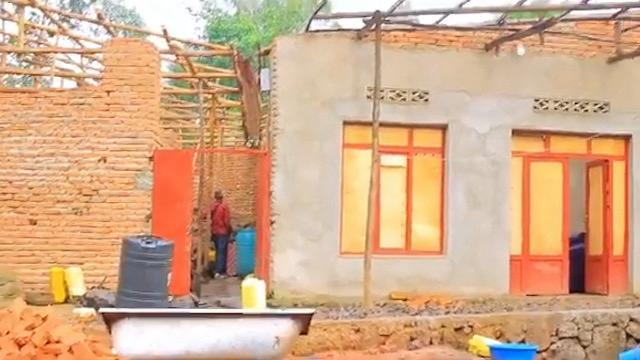
This is a house in Musanze district that was demolished for being built without permits.
“Sometimes, relatives or others may use the land without the owner’s knowledge or permission. This often sparks family disputes and legal complications,” he said. While the land disputes are being settled by the courts, the land is often illegally occupied.
INFORMAL APPROVALS
The picture is further complicated when sales are approved
by local leaders.
“Individuals sometimes approach village chiefs, cell executive
secretaries, or sector land officers and obtain unofficial protection to build
without permits, especially in rapidly urbanizing areas,” he said, “When
district authorities eventually discover these constructions, they proceed with
demolition.”
To tackle corruption, Musanze District has implemented a new
policy requiring local leaders to sign consent forms confirming they will not
authorize construction without proper permits.
Building permits are also necessary to ensure safe and
sustainable development, officials said.
“Unauthorized construction often fails to meet safety standards, putting occupants at risk,” said one district official, speaking on condition of anonymity because he was not authorized to speak to the press. According to Rwandan law, illegal construction must be demolished, and fines imposed on those who build illegally.
HEAVY HUMAN COST
The slow and often confusing permit process pushes some
residents to seek shortcuts.
One resident, who asked to remain anonymous for fear of
reprisal, admitted to paying bribes to speed up his building process.
“I paid a bribe to a cell official to get permission to build quickly,” the man said, “Sometimes officials warned me not to build, but I sold the house before it could be demolished. It’s common here.”
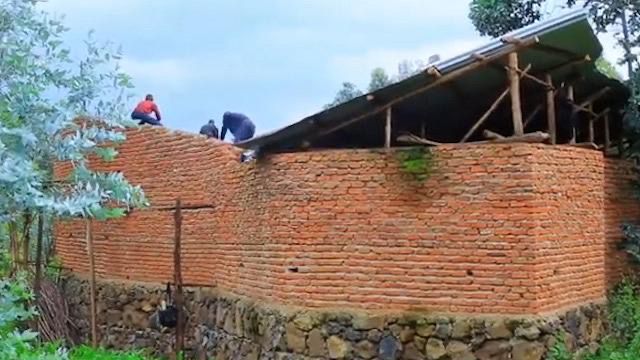
He added: “People build without permits and quickly sell the
properties to avoid losses. When authorities discover illegal buildings, the
new owners often lose their investment.”
Clarisse Uwanyirigira, deputy economic development officer
for Musanze District, said there was a detailed master plan for developing the
town with clearly marked areas for residential housing, farming, forests, and
tourism. “Residents must consult local leaders before construction to ensure
compliance and protect the community,” she said.
Director General of the National Land Authority, Marie Grace Nishimwe, said protecting farmland was fundamental for the country. “The NLA has established systems to prevent unauthorized land conversion, with district authorities regularly monitoring land use,” she said.
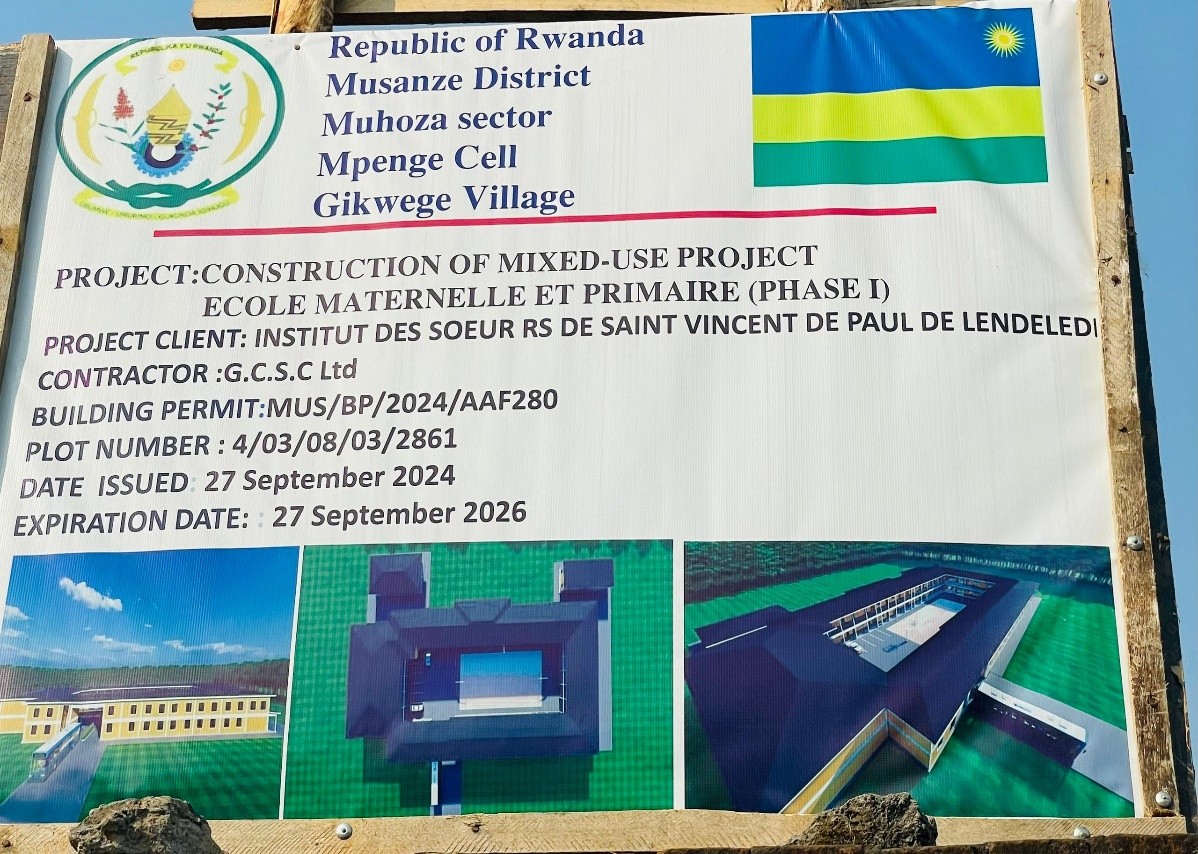
This
story was supported by the Thomson Reuters Foundation as part of its global
work aimed at strengthening free, fair, and informed societies. Any financial
assistance or support provided to the journalist has no editorial influence.
The content of this article belongs solely to the author and is not endorsed by
or associated with the Thomson Reuters Foundation, Thomson Reuters, Reuters, or
any other affiliates.
Lastest
Breaking stereotypes to building dreams, Deliphine’s journey as Rwand…
Modified 2 weeks, 4 days ago
In scenic Rwandan town, rapid development exposes land issues, corrup…
Modified 3 months ago
Ibihugu bya Afurika biratangaza ko mu cyumweru gishize byibura abantu…
Modified 1 year, 1 month ago
Rayon Sports yakemuye ikibazo cya Youssou Diagne
Modified 1 year, 7 months ago
Ikaze kuri Website ya Ernergy Radio
Modified 2 years, 8 months ago
Urubyiruko rwa Nyabihu District rwiyemeje kwimana Urwanda ruhangana …
Modified 2 years, 8 months ago
Ni iki wabwira umuntu uhora yumva ashaka gusaba imbabazi ariko umutim…
Modified 2 years, 8 months ago
#Music_History: Menya amateka y'abamwe mubahanzi bazize Jenoside yako…
Modified 2 years, 8 months ago
"𝗛𝗨𝗠𝗨𝗥𝗔: 𝗨𝗿𝘂𝗺𝘂𝗹𝗶 𝗿𝘄'𝘂𝗯𝘂𝘇𝗶𝗺𝗮 𝗿𝘂𝘁𝗮𝗺𝘂𝗿𝘂𝗿𝗮 𝗡𝗼𝗻𝗲 𝗻'𝗘𝗷𝗼." Ikiganiro #Imbone…
Modified 2 years, 8 months ago

